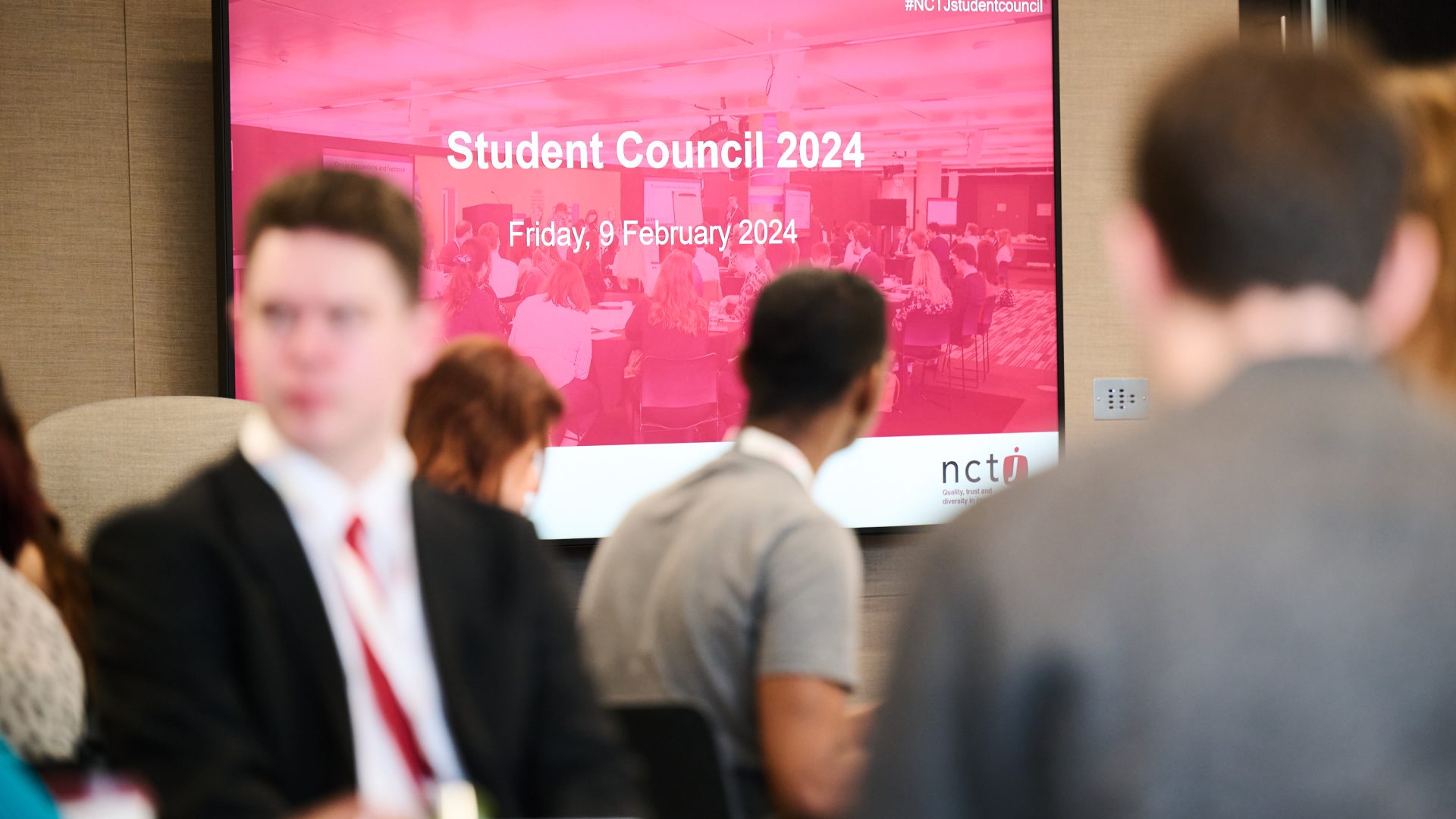
NCTJ connects with students and apprentices for first in-person Student Council since pandemic
Students studying on NCTJ-accredited courses and apprentices from across the UK came together for the NCTJ’s Student Council today.
Students studying on NCTJ-accredited courses and apprentices from across the UK came together for the NCTJ’s Student Council today.
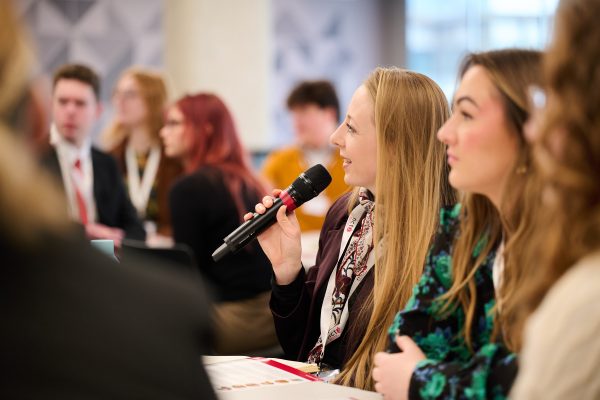
Credit: Dave Bird
Around 40 representatives, who were elected by their peers, came together at the Financial Times in London for the all-day event.
They had the opportunity to relay feedback on their diploma training and ask questions relating to assessments, qualifications, funding, support and accreditation.
Their valuable insights will help the NCTJ improve its offering, enhance qualifications and inform decisions now and in the future.
Joanne Forbes, NCTJ chief executive, opened the event by noting it was the first in-person Student Council event held by the NCTJ since the Covid pandemic.
She said: “Nothing compares to meeting together, chatting, and that’s the really important thing coming into journalism – it’s networking, talking to people and forming relationships.”
Joanne continued: “We need to hear your views. The diploma is exacting, it’s challenging, but we don’t pretend everything is perfect.”
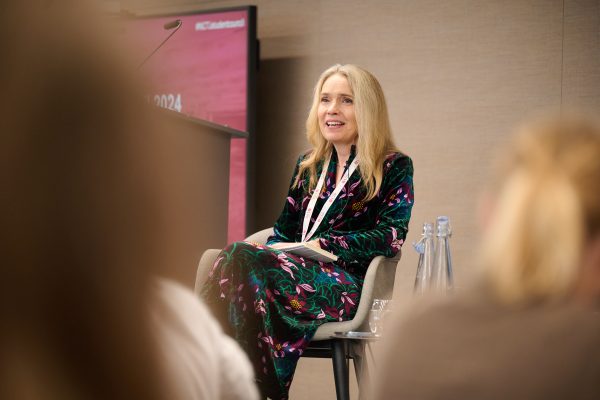
Joanne Forbes, NCTJ chief executive, at the Student Council 2024. Credit: Dave Bird
A panel of NCTJ staff – including Amanda Ball, NCTJ principal examiner; Lyn Jones, head of qualifications; Alison Puttock, assessment manager; and Sarah Rix, head of marketing and communications – took a variety of questions, including about the shorthand module, how NCTJ exams have adapted over the years and how apprentices can balance working and training commitments.
The students then brainstormed how the NCTJ can best communicate with learners, what elements of their training have been useful and what they would like to see more of.
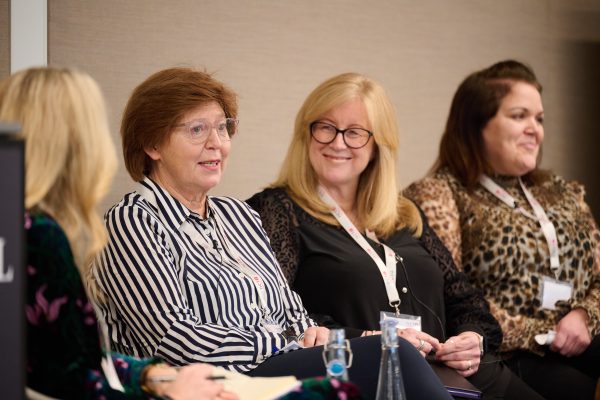
Credit: Dave Bird
After lunch, the representatives had the opportunity to quiz working journalists on a panel chaired by Rukasana Bhaijee, global head of diversity, equity and inclusion at the Financial Times.
She was joined by Paddy Davitt, Newsquest football editor; Jay Gardner, BBC journalism trainee; Luke Jacobs, homepages/digital editor at The Guardian; Michelle Johnson, Vantage Media’s editorial director; and Mark Waldron, publishing editor for National World.
Responding to a question about if local knowledge is an employment advantage, Mark said: “It does add a lot – but it’s not the be all and end all so don’t feel like you have to work in the area you grew up in.
“But if you have someone who knows the area, they grew up there, they know what makes the area tick, it definitely helps.”
The students wanted to know how to land their dream job after achieving their NCTJ qualification.
Jay advised the audience to “say yes to everything”, while Michelle said “everything is a pitch, treat everything like a pitch” and Paddy added: “The opportunities are limitless now.”
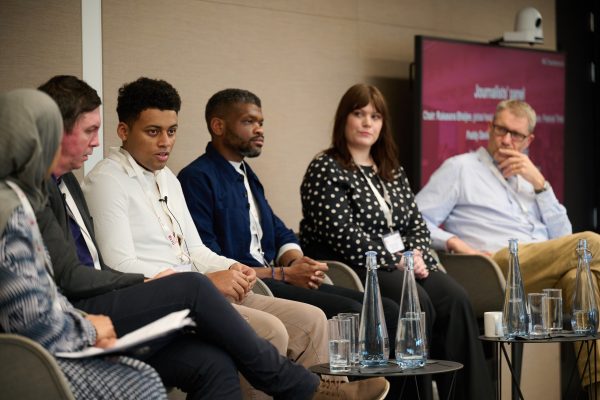
Credit: Dave Bird
When asked about building trust in audiences, Luke said transparency around how journalists get information is important, as well as accuracy.
He said: “Be accurate. It sounds obvious, but you make one mistake and that can ruin what you have done before.
“People look to you as a journalist to give them pure, accurate information.”
The event ended with one-to-one appointments with NCTJ staff.
Visit nctj.com to find out more about how to kick start a journalism career with an NCTJ qualification.

